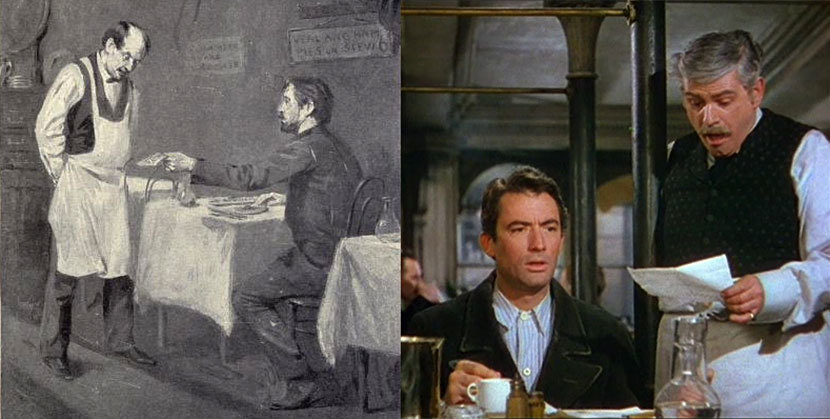Mark Twain (1835–1910)
From Mark Twain: Collected Tales, Sketches, Speeches, & Essays 1891–1910

Mark Twain was born 185 years ago, on November 30, 1835.
“I have, as you say, been interested in patents and patentees. If your books tell how to exterminate inventors send me nine editions. Send them by express.”
Twain was responding to an author looking to publish a book of legal advice for inventors. At the time he wrote the note, Twain’s publishing firm was collapsing under the weight of the debt from investments in contraptions created by the various inventors he half-jokingly hoped to exterminate. He had sunk approximately $300,000 in a three-ton piece of scrap metal called the Paige Compositor, which worked pretty well on the rare occasion it actually ran. He also lost $50,000 on the Kaolatype, a new (and equally unsuccessful) method for printing illustrations. He was always looking for the next “get rich quick” scheme and lost money on a steam pulley, a company that promised to create affordable watches, magnetic telegraphy, and self-adjusting suspenders, among other doomed causes.
After Mark Twain declared personal bankruptcy in 1894, he embarked on a world speaking tour and wrote several best-selling books that allowed him to repay his authors, friends, and relatives every cent of the $80,000 he owed—even though he was not legally required to do so. He also built a portfolio of valuable stocks, thanks to advice from Standard Oil executive Henry Huttleston Rogers. Yet Twain hadn’t quite learned his lesson. In the new century, flush with money once again, he lost $50,000 in Plasmon Milk Products, which peddled a protein powder that would “end the famine in India” (if only people could swallow the clumpy stuff) and $16,000 in American Mechanical Cashier (which held the patents for several convoluted cash registers). This time, however, he was making enough money to cover his costly hobby, and when Mark Twain died in 1910, he left his family an estate worth at least half a million dollars.
Our current Story of the Week selection, then, is “The £1,000,000 Bank-Note,” both a satirical fantasy on the “get rich quick” idealism of American capitalism and a commentary on how easy it can be to get money if people think you already have it.



